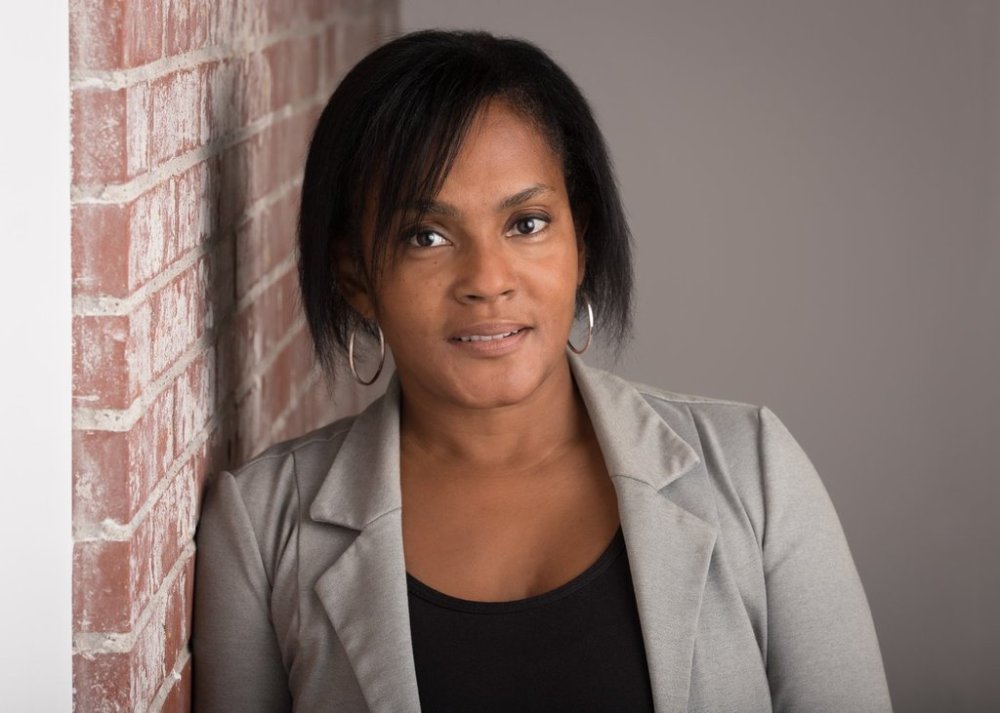Science
Researchers Challenge Committee’s 25-Year Data Sharing Order

More than 5,000 researchers have united in opposition to a parliamentary committee’s recent order to share extensive data on grant applications, which they argue echoes the U.S. government’s restrictions on equity, diversity, and inclusion (EDI) funding in health and science research. The Standing Committee on Science and Research, in a motion adopted on October 1, 2025, has mandated that health and science grant institutions provide disaggregated data covering a quarter-century, spanning from 1995 to 2025.
The committee’s request requires institutions to submit detailed information about grant applicants, including demographics and EDI questionnaire responses. This data is intended to assist in the committee’s examination of federal funding criteria. Initially set for five years, the data collection period was later expanded to 25 years, raising concerns among researchers about the implications for academic freedom and privacy.
Concerns About Ideological Bias
According to Maxime Blanchette-Joncas, the committee’s vice president, the objective of the motion is to analyze whether the criteria used by federal councils unintentionally create imbalances among disciplines, languages, or institutions, which may affect research excellence in Canada. In a statement, he emphasized, “Five years is too short to identify real trends. By analyzing 25 years of data, we obtain a much more complete and reliable view of the evolution, which allows us to distinguish between occasional fluctuations and fundamental changes.”
The deadline for submitting the requested information was set for this past Tuesday, with required submissions to be compiled in an Excel spreadsheet. The committee’s mandate affects major funding councils, including the Social Sciences and Humanities Research Council, Natural Sciences and Engineering Research Council of Canada, and the Canadian Institutes of Health Research.
In response to the committee’s request, the funding councils stated that they provided as much data as possible in compliance with the Privacy Act and in line with maintaining the integrity of the peer review process. A spokesperson for the Canadian Institutes of Health Research noted that they shared details about funded applications already disclosed online, along with aggregated EDI data for both funded and unfunded applications to protect individual identities.
Critics Label Motion Unethical
Dr. Gaynor Watson-Creed, an associate dean at Dalhousie University and one of the signatories of the open letter, criticized the committee’s approach, describing it as a “data mining expedition.” She argued that the information needed for the committee’s stated purpose is readily available in aggregate form. “It looks like the committee is looking to prove something that they already believe, rather than look objectively at the data to see what it does say,” Watson-Creed stated.
Blanchette-Joncas responded to these concerns by asserting that the motion is not intended to target the scientific community. “This is not an exercise in interference, but rather in transparency, fairness, and consistency in the management of public funds,” he said, emphasizing the role of Parliament in holding public bodies accountable.
Despite this assurance, the overwhelming response from the academic community indicates a significant apprehension about the committee’s intentions. Many researchers who signed the open letter expressed concern that the committee is engaging in a battle against EDI principles in research, with their motion described as “incredibly damaging, unscientific in its approach, unethical, and puts minoritized researchers and graduate students at risk.”
This debate highlights the ongoing tensions surrounding federal funding practices and the balance between transparency and the protection of academic freedoms in Canadian research. The implications of the committee’s actions could resonate well beyond the immediate landscape of science and health funding.
-

 World4 months ago
World4 months agoScientists Unearth Ancient Antarctic Ice to Unlock Climate Secrets
-

 Entertainment4 months ago
Entertainment4 months agoTrump and McCormick to Announce $70 Billion Energy Investments
-

 Lifestyle4 months ago
Lifestyle4 months agoTransLink Launches Food Truck Program to Boost Revenue in Vancouver
-

 Science4 months ago
Science4 months agoFour Astronauts Return to Earth After International Space Station Mission
-

 Technology2 months ago
Technology2 months agoApple Notes Enhances Functionality with Markdown Support in macOS 26
-

 Top Stories4 weeks ago
Top Stories4 weeks agoUrgent Update: Fatal Crash on Highway 99 Claims Life of Pitt Meadows Man
-

 Sports4 months ago
Sports4 months agoSearch Underway for Missing Hunter Amid Hokkaido Bear Emergency
-

 Politics3 months ago
Politics3 months agoUkrainian Tennis Star Elina Svitolina Faces Death Threats Online
-

 Politics4 months ago
Politics4 months agoCarney Engages First Nations Leaders at Development Law Summit
-

 Technology4 months ago
Technology4 months agoFrosthaven Launches Early Access on July 31, 2025
-

 Top Stories2 weeks ago
Top Stories2 weeks agoFamily Remembers Beverley Rowbotham 25 Years After Murder
-

 Top Stories6 days ago
Top Stories6 days agoBlake Snell’s Frustration Ignites Toronto Blue Jays Fan Fury









